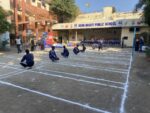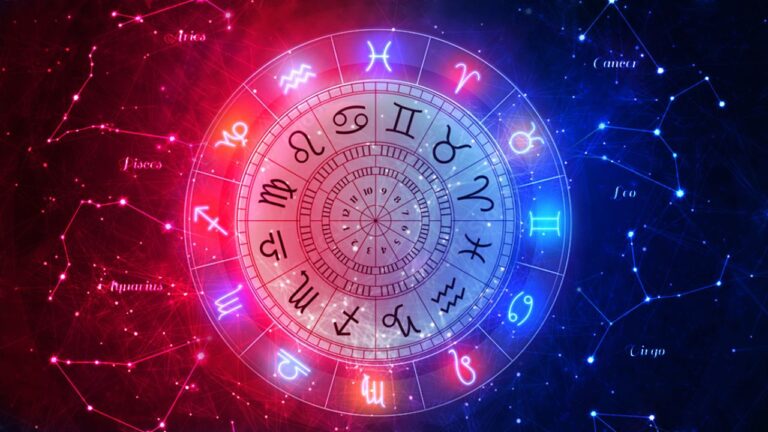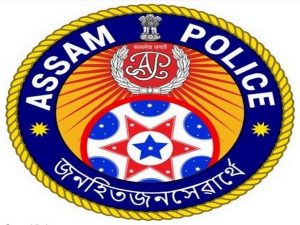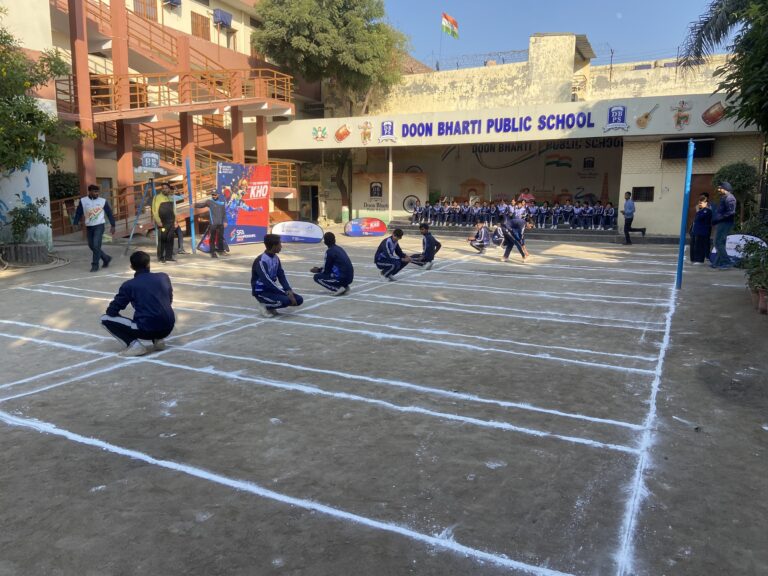Sri Lanka’s President Gotabaya Rajapaksa on Tuesday (April 5) revoked the state of emergency he declared last week, as protests continued across the country demanding his resignation over widespread shortages of food, fuel and now, medicine.
Sri Lanka’s most powerful trade union, the Government Medical Officers’ Association (GMOA), has also declared “a medical emergency” as doctors and hospitals reported a severe shortage of life-saving medication.
“The Ministry of Health and the government failed to make plans to prevent the imminent collapse of free public healthcare,” said the GMOA statement on Tuesday.
Doctors, nurses and public health officials have been demonstrating in many hospitals across the island since Monday. Several public hospitals have suspended routine surgery.
Sri Lanka has a reputation of providing decent healthcare to its citizens, who receive free treatment in government hospitals. Medicine, tests, and follow-up consultations are also free.
The island nation has also been able to provide this at less cost to the government than many middle-income countries, said Dr Ravindra Rannan-Eliya, executive director at the Colombo-based Institute for Health Policy.
In 2019, the country spent 2.9 per cent of its gross domestic product on healthcare, around US$122 (S$165) per person.
In 2018, Sri Lanka’s public health system provided half of all medical treatments, 95 per cent of hospitalisations, and 99 per cent of the preventive care needs of the 22 million population, the World Bank found.
Today, however, the island’s famously Scandinavian-standard public healthcare system is struggling to perform even simple treatments such as giving an injection, as many medical facilities have run out of local anaesthesia, needles and gloves.
“The serious economic problems that led to a dollar shortage in Sri Lanka are to blame for the health system’s problems now. Almost 90 per cent of essential medicine in Sri Lanka are imported, much of it from India, followed by Bangladesh and Malaysia, but imports stopped months ago,” said Dr Palitha Abeykoon, a former top World Health Organisation (WHO) official in the region.















